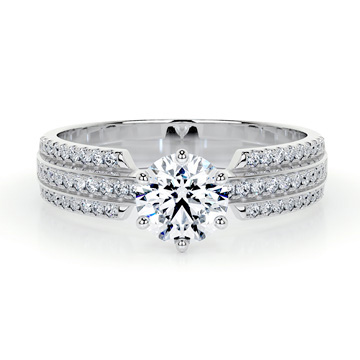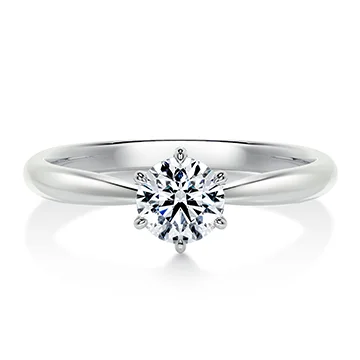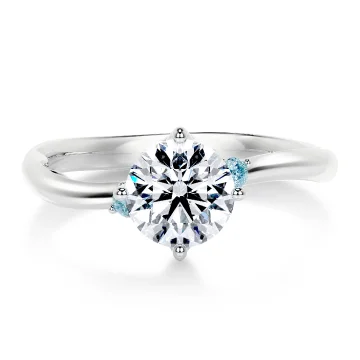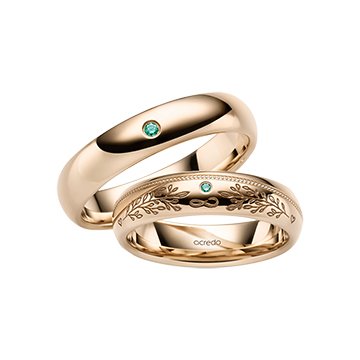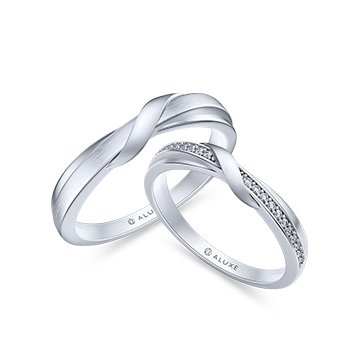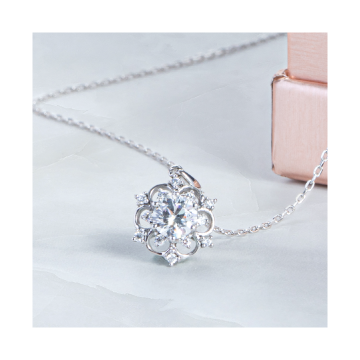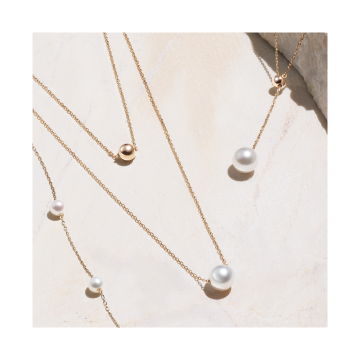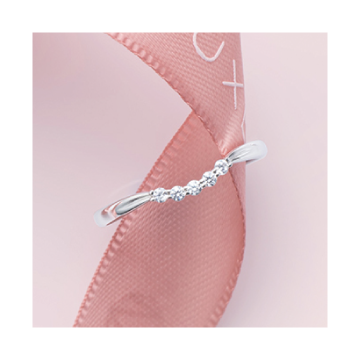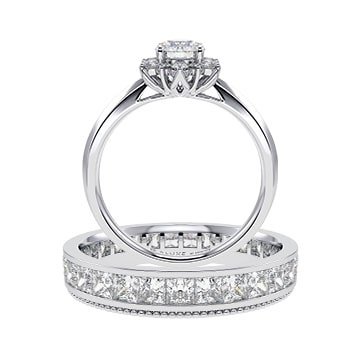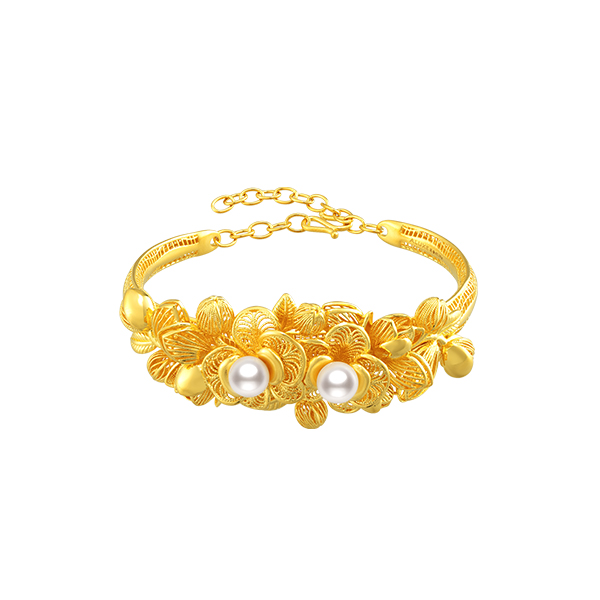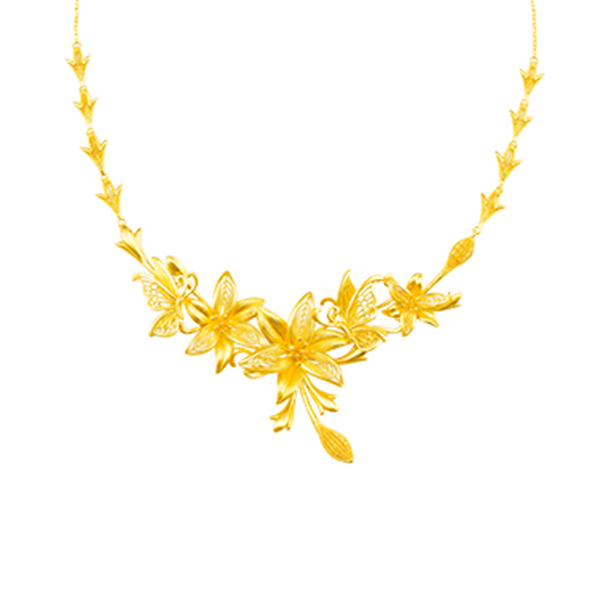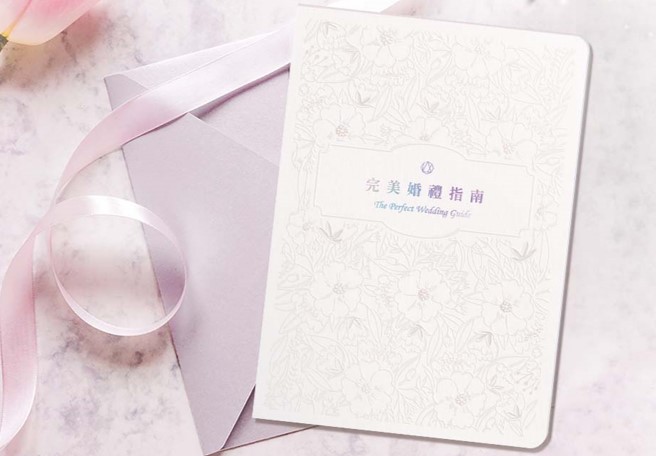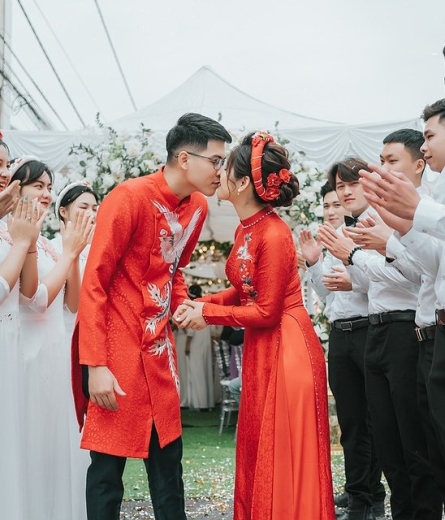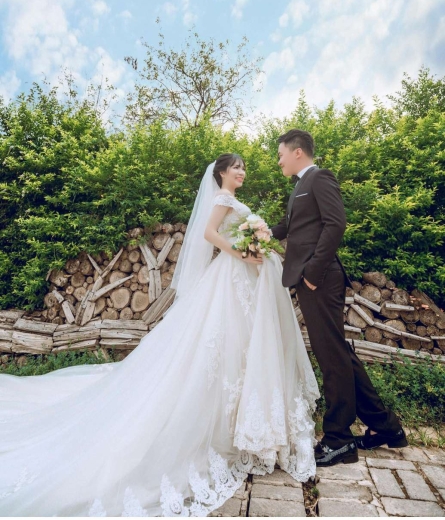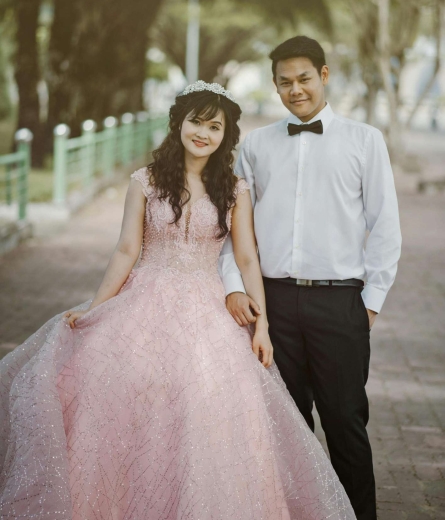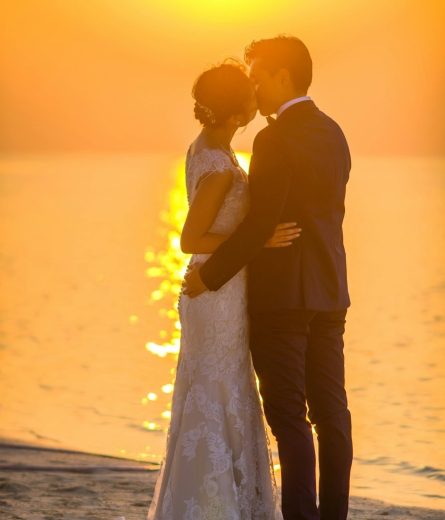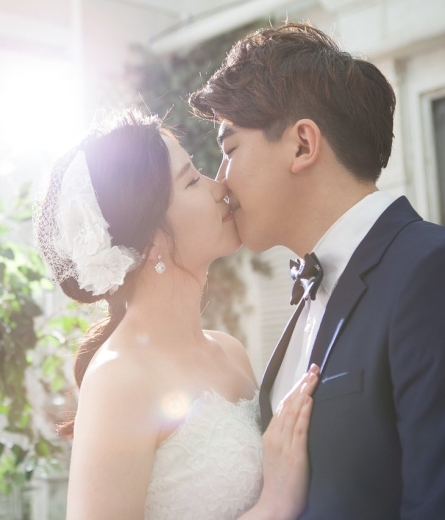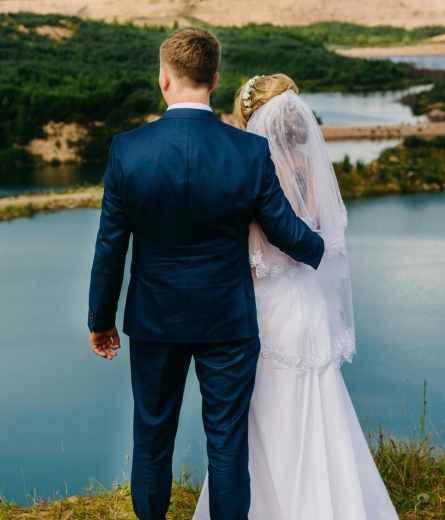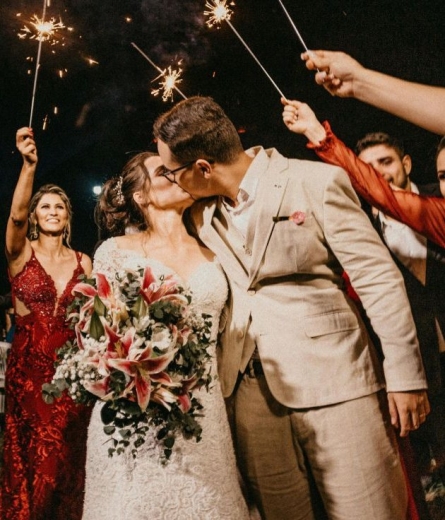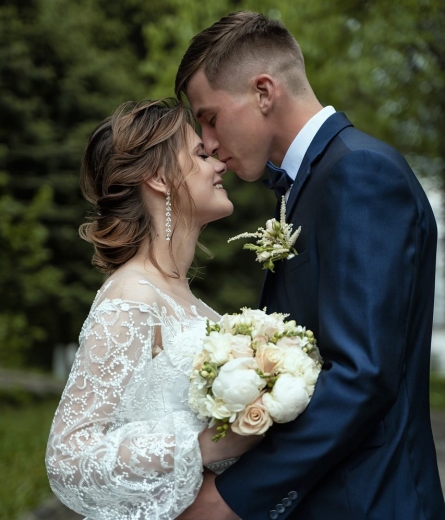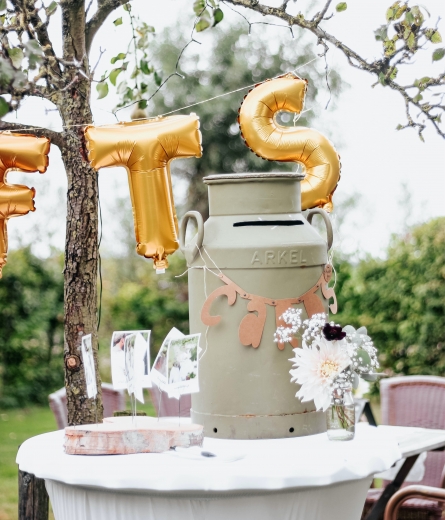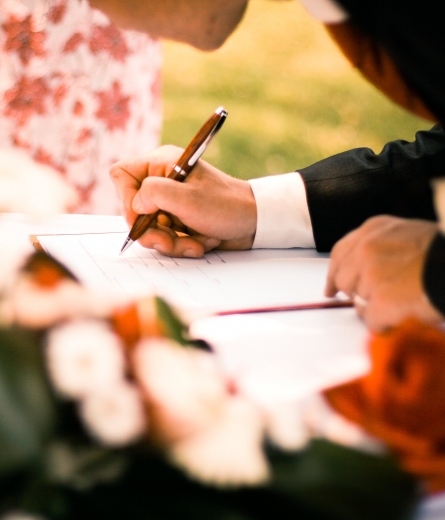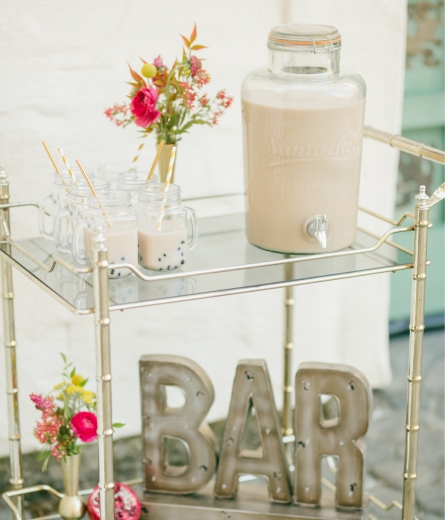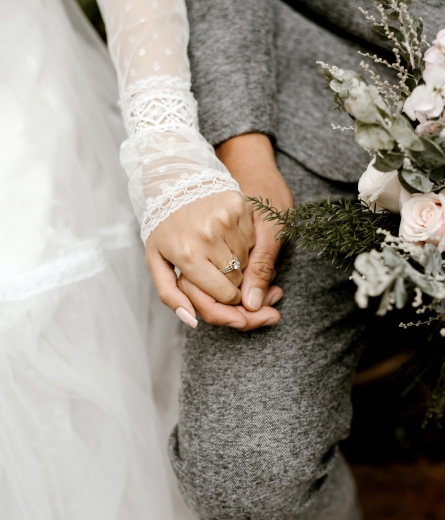How to Choose the Perfect Wedding Date?

Choosing the perfect date for your wedding involves considering various factors to ensure it’s a memorable and smooth experience.
Here are some tips to help you pick a good day for your wedding:
1. Seasonal Considerations
- Weather: Consider the typical weather conditions during different times of the year.
Decide if you prefer a spring, summer, autumn, or winter wedding. - Scenery: Think about the natural scenery and what you want in your wedding photos.
Different seasons offer unique backdrops.
2. Personal Significance
- Special Dates: Choose a date that holds personal significance, such as the anniversary of your first date, your engagement, or another meaningful event.
- Avoid Conflicts: Ensure the date doesn’t clash with other significant family events, holidays, or anniversaries.
3. Venue Availability
- Popular Dates: Popular venues may be booked far in advance, especially during peak wedding seasons. Check availability early.
- Off-Season Discounts: Consider an off-season wedding for potential discounts and better availability of venues and vendors.
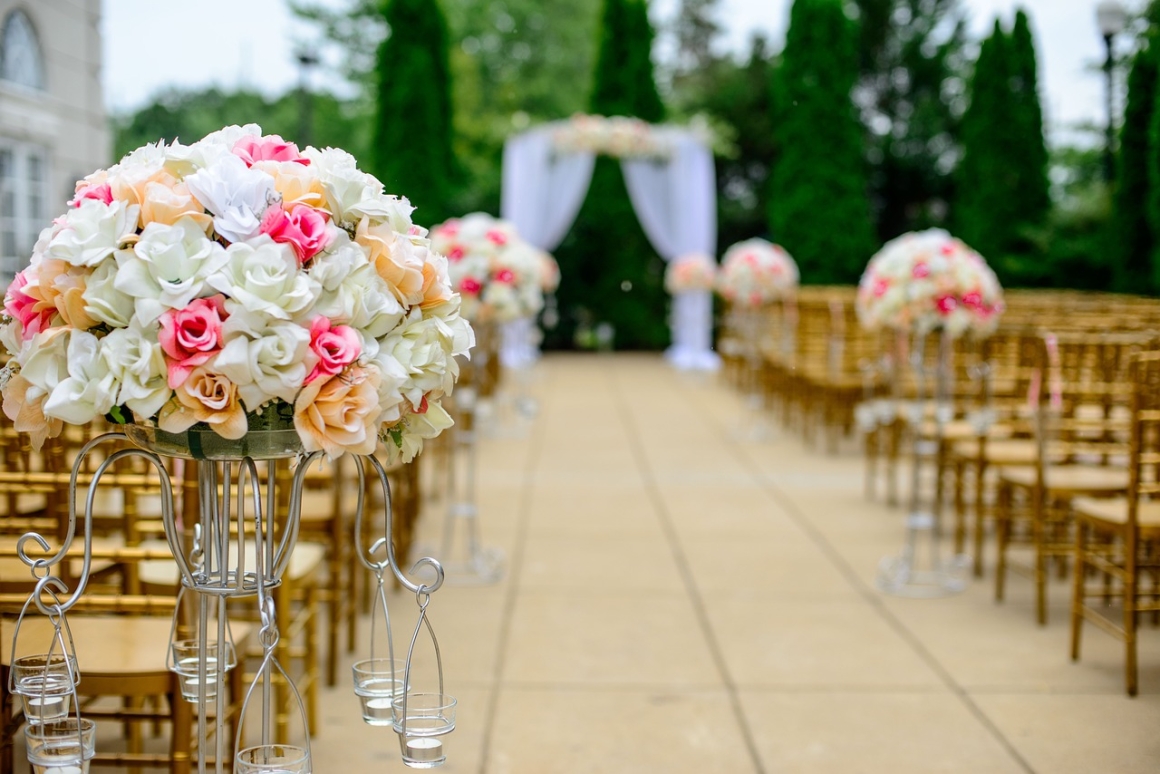
4. Guest Convenience
- Holidays and Weekends: Choosing a date near a holiday or long weekend can make it easier for out-of-town guests to attend.
- School and Work Schedules: Be mindful of school vacations and work commitments of key guests.
5. Vendor Availability
- Preferred Vendors: Check the availability of your preferred vendors, such as photographers, caterers, and florists, as they can book up quickly.
6. Budget Considerations
- Peak vs. Off-Peak: Wedding costs can vary significantly depending on the time of year.
Off-peak dates can be more budget-friendly. - Day of the Week: Weekend weddings, especially Saturdays, are often more expensive than weekday weddings.
7. Cultural and Religious Factors
- Auspicious Dates: Some cultures and religions have specific auspicious dates for weddings.
Consult with family or religious advisors if this is important to you. - Avoiding Inauspicious Dates: Similarly, be aware of dates considered inauspicious in your culture or religion.
8. Personal Schedules
- Work Commitments: Ensure neither you nor your partner have significant work commitments around your chosen date.
- Preparation Time: Give yourself ample time to plan and prepare for the wedding without feeling rushed.
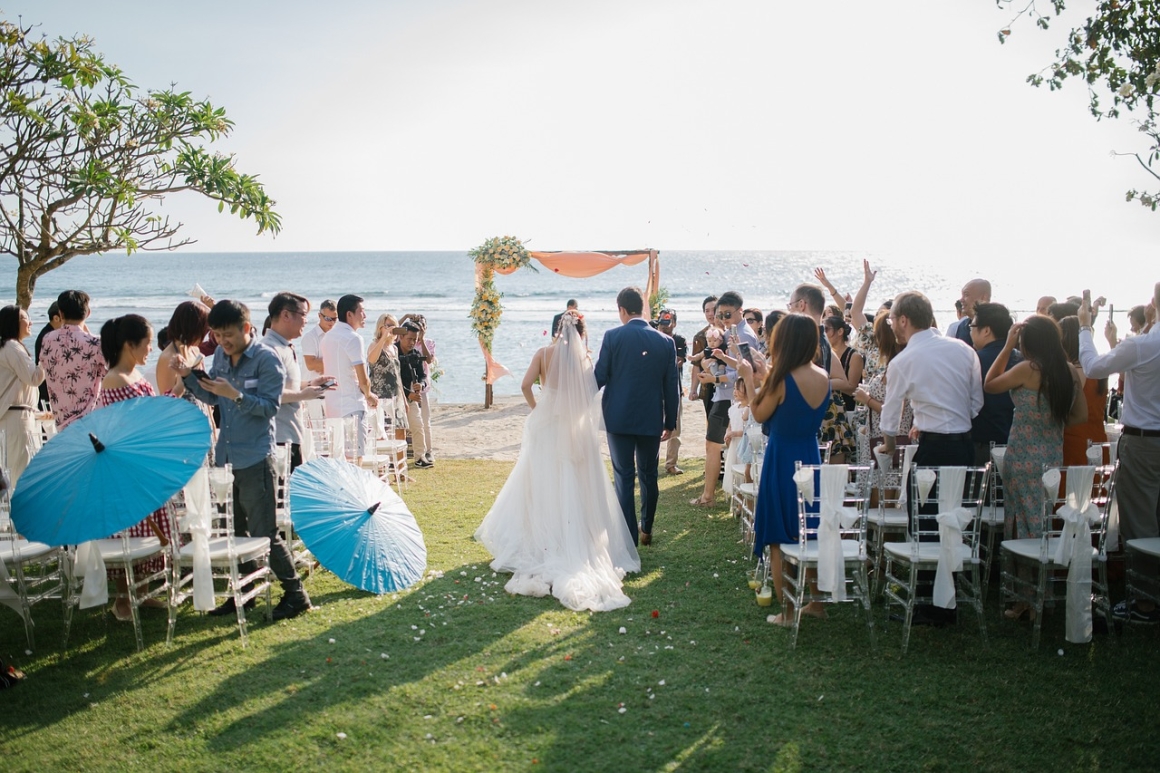
9. Travel and Honeymoon Plans
- Travel Seasons: If you’re planning a honeymoon immediately after the wedding, consider the best times to visit your desired destination.
- Flight and Accommodation Costs: Travel costs can vary throughout the year.
Choosing a date that aligns with more affordable travel periods can save money.
10. Health and Safety
- Pandemic Considerations: In light of recent global events, consider any travel restrictions or health advisories that might impact your wedding plans.
- Backup Plans: Have contingency plans in place for unexpected events that could affect your wedding date.
Conclusion
Picking a good day for your wedding involves balancing personal preferences, practical considerations, and logistical factors.By thoughtfully considering these elements, you can choose a date that ensures a beautiful, memorable, and stress-free wedding day.
